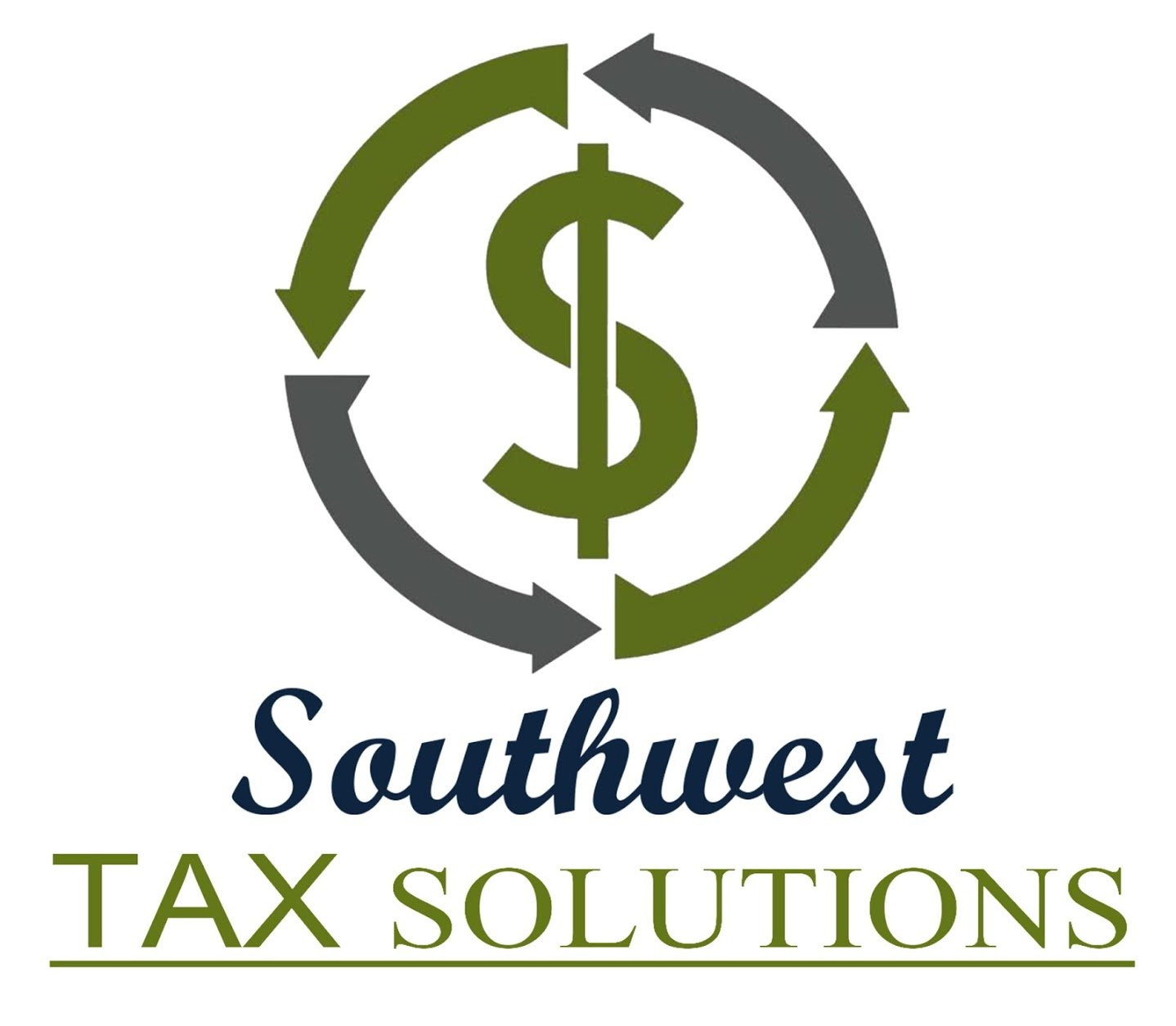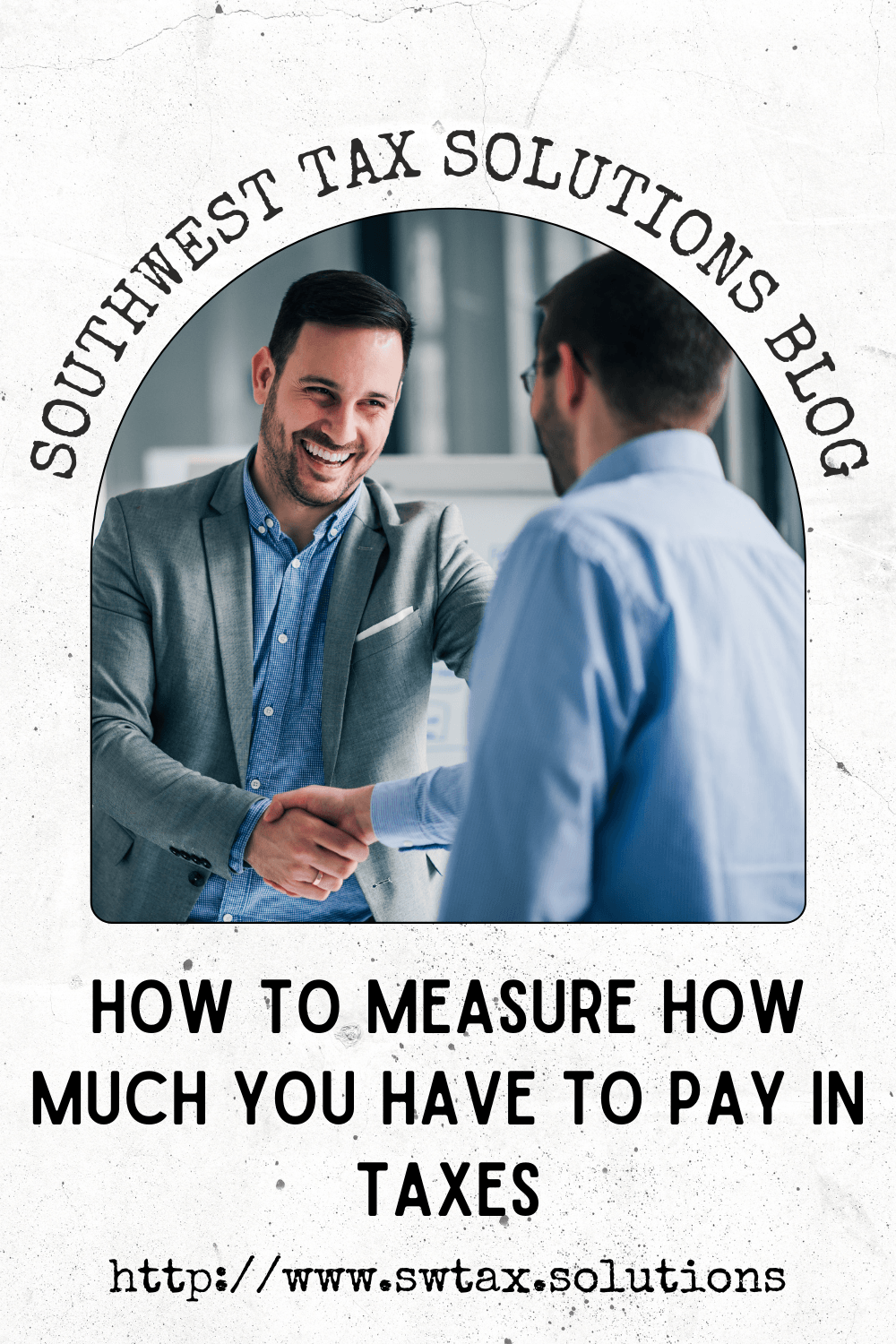Tax Amendments
Mistakes happen at any time, even on tax returns, which is why the IRS allows taxpayers to amend their returns if they find a mistake in a previously filed return. We'll go over what you need to know about amending your tax return in the sections below.
When to file an amended tax return and when you don’t need to.
There are times and reasons when you should make changes to your tax return and times when you should not. We'll look at some common circumstances where an amendment is needed. You realized you didn't demand a tax credit or deduction. You mistakenly claimed the incorrect tax status. A dependent needs to be added or removed. In your tax return, you forgot to report taxable income. You realized you claimed a cost, deduction, or credit for which you were not supposed to. There's usually no need to file an amendment if your initial return contains accurate details but only has math errors. The IRS usually double-checks returns to ensure that they are mathematically correct. If the IRS discovers a math mistake, your return will be recalculated, and you will be informed of the recalculation as well as how it will affect your tax bill or refund.
How to file an amended tax return
If you do need to file an amended tax return, Southwest Tax Solutions is here to help. We'll need to gather the records that were used to file your tax return, as well as your initial tax return. We'll get the IRS (Internal Revenue Service) forms you need and fill them out for you. Our tax professionals understand how to properly fill out these forms to file an amended tax return. We'll then submit all of these forms, as well as all of your records, to the IRS.
How much time do you have to submit an amended tax return?
The IRS knows that errors happen, so you can fix them and resubmit your tax return. However, there are deadlines for filing an amended tax return; otherwise, the IRS would not approve it for a refund. An amended tax return must be filed within three years from the original return date, three years from the date you finally file if you file outside the deadline, or no later than two years from the date you paid tax for that year to obtain a tax refund.
Are there interest and penalties on tax amendments?
The IRS allows taxpayers to amend their tax returns when the original does tax return not correctly report the correct tax; however, if the revised return includes an extra payment of tax, you will also be responsible for interest and penalties. Between the initial filing date and the date you file the amendment, you will be charged monthly interest on the tax that you didn’t declare. In addition, the IRS can levy a late-payment penalty that accrues at the same time as interest. The IRS, on the other hand, has the discretionary power to waive all interest and fines if you can show fair cause.







